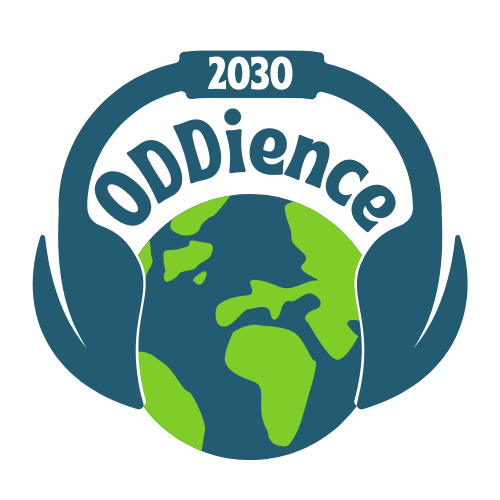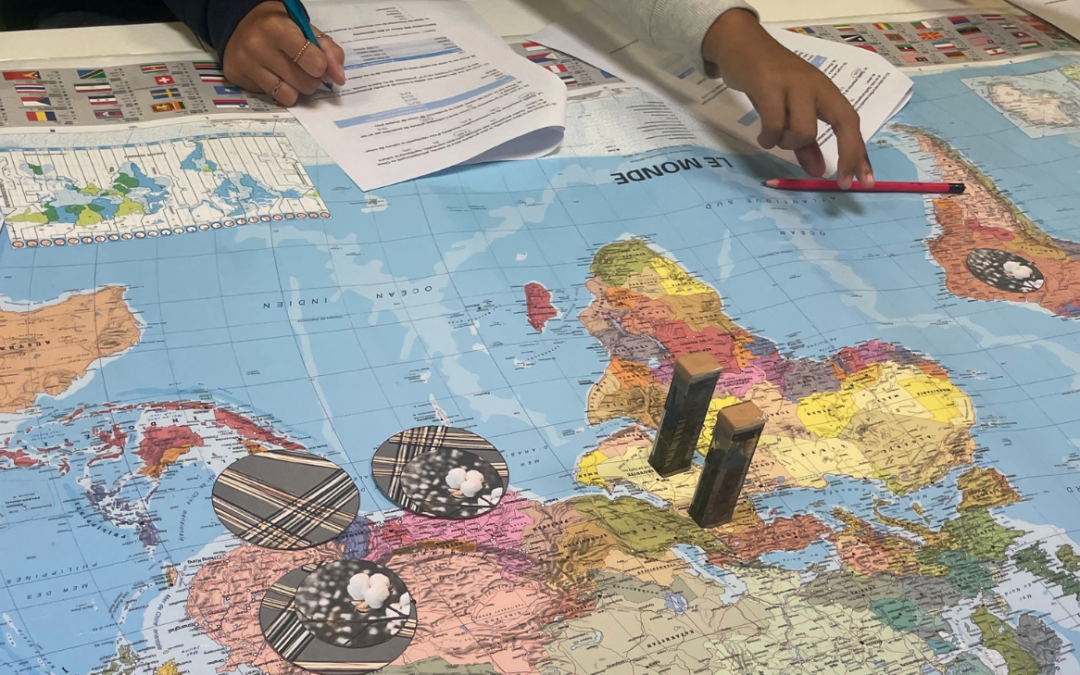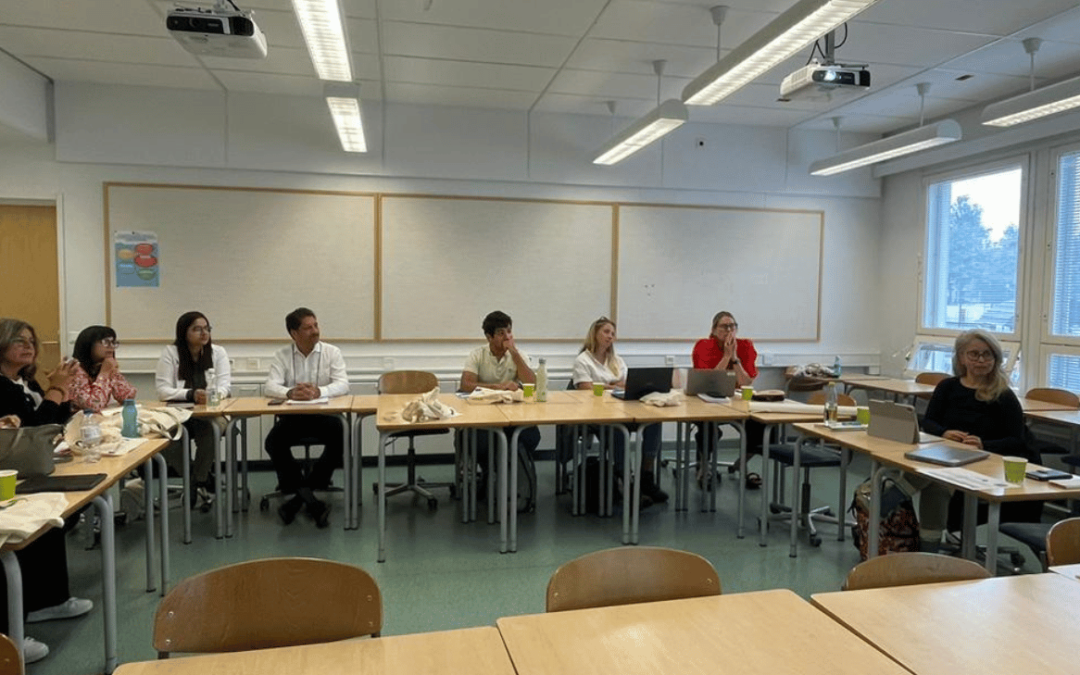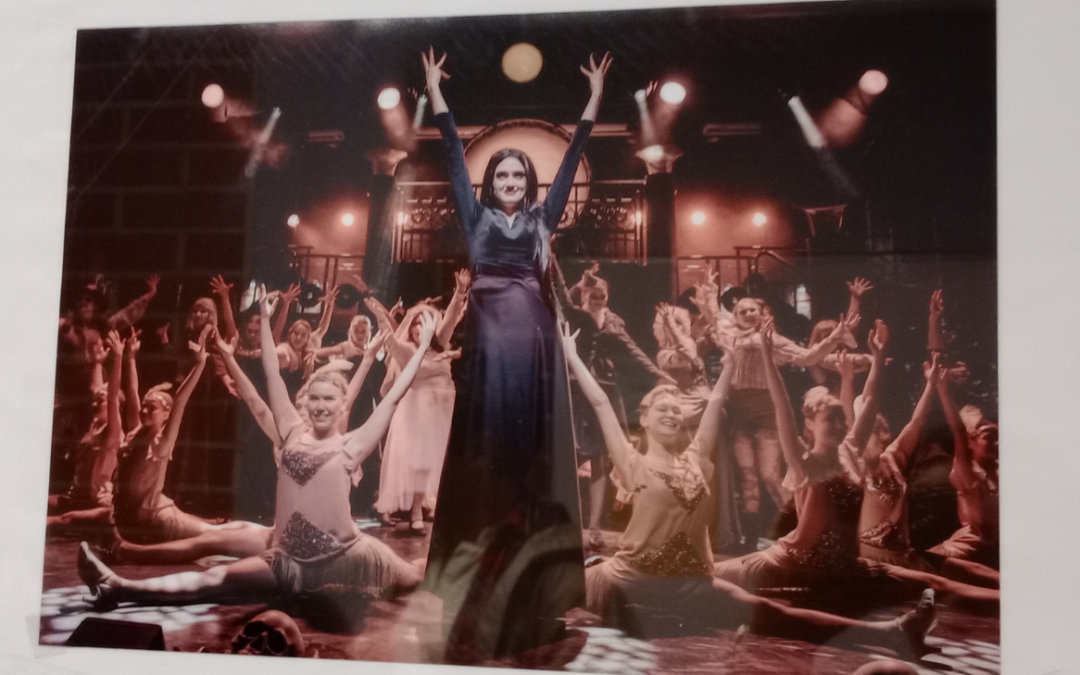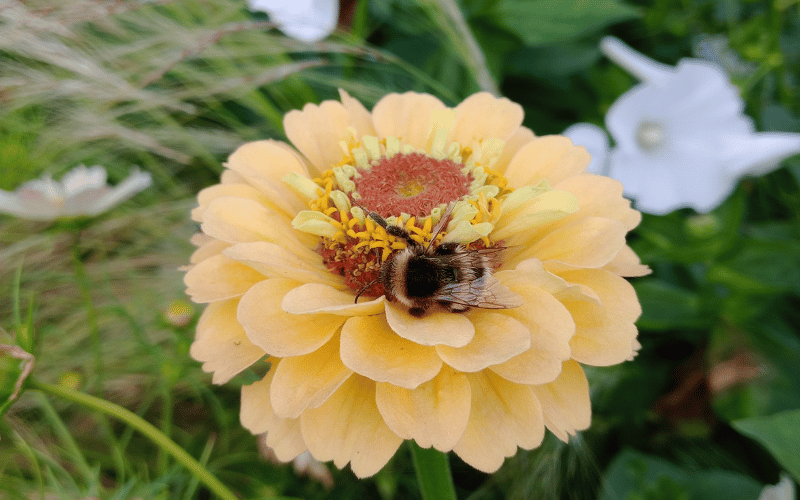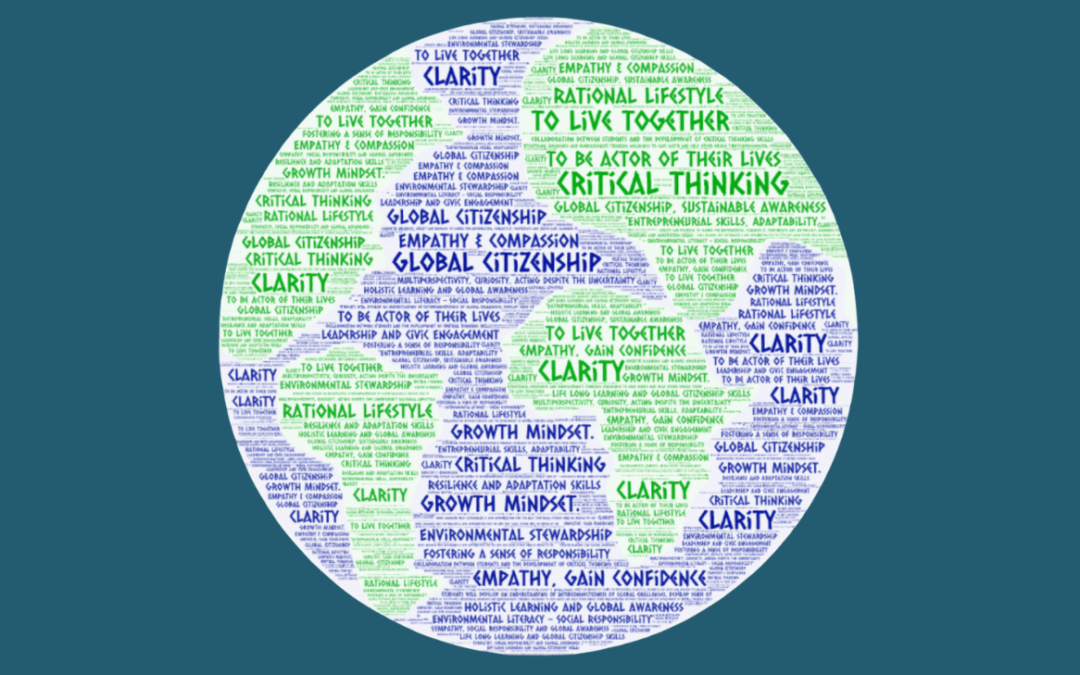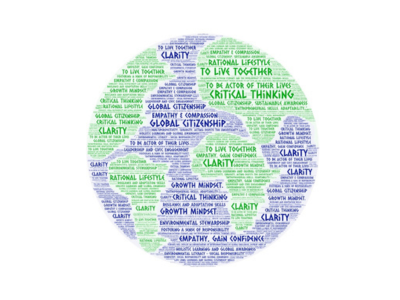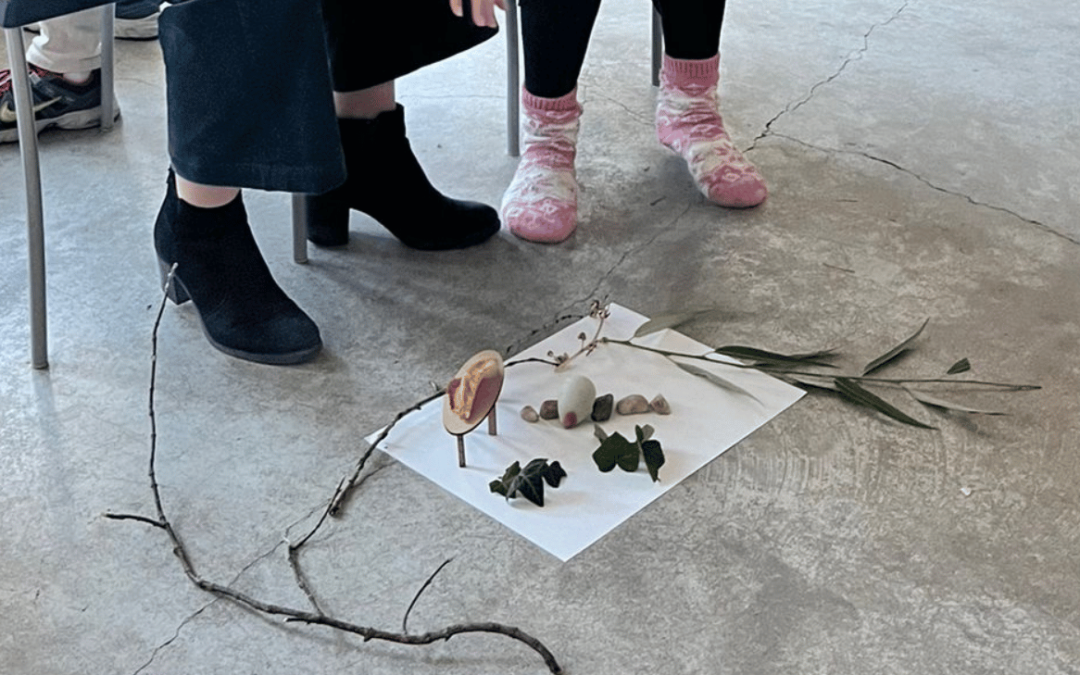
Vaskivuori teachers participating in wellbeing and sustainability workshop
Par Nina Tervala, Vaskivuoren lukio
Vaskivuori teachers from Vantaa, Finland in Bucharest participating in wellbeing and sustainability workshop
It is a challenge
ODDience2030 teams met each other this time in Bucharest where we participated in a workshop of four full days led by Andreea Gatman. The Finnish team consisted of two special needs teachers Nina and Hannele and Arts teacher Maija.
In the workshop we did numerous practices where we were getting in contact with ourselves and others. Some of us met the limits of our comfort zones and some went over to the other side with flying colours. And it did us good. We have our personal limits in different places. For some it is a challenge to take off their shoes and stand in the middle of others in just their socks during the workshop, for others sitting on the floor is nearly an impossible task and then it might be absolutely frightening to be quiet and just look the other person in the eye.
The concept of time was contemplated. We asked ourselves why we are in such a hurry all the time. The sense of hastiness prevents us from feeling and thinking, it makes us do silly things, to lose the essential.
button up their coats and put a hat on. But now we have warm summers and warm Septembers. Soon we will have to find new jokes.
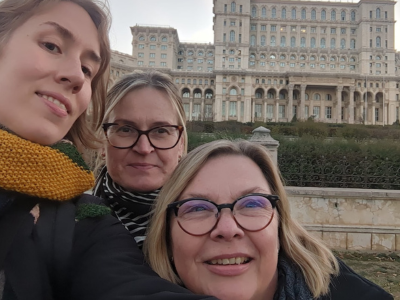
Body language
We practiced communication without words through doing and body language. We created some kind of presentation of our thoughts and aims by using pencils and natural materials like sticks, stones, plantes.
And a lot more. We did so much that all will not be remembered by everybody but we all will carry some things with us into the work and our lives. And any way we all forget most the things that happen to us not to mention the things we just see or hear.
Someone might ask themself what do staring, taking positions or building some strange gadget of sticks and stones have to do with teaching or learning. And I could answer “but it does!”
People communicate with their whole body and we know that if the non-verbal message is not coherent with the verbal message the words won’t be believed. The body is worse a liar than our speech. We can tell lies but the body reveals the truth. For the most part we are unaware of the messages our bodylanguage sends. If a teacher doesn’t understand this mechanism and somehow tries to work against their own values or or principles their teaching suffers and so will the learning suffer.
Looking for sustainable ways to teach
ODDience is looking for sustainable ways to teach and to learn. Sustainability is not just about recycling and protecting the nature it is also about sensible use of human resources. By respecting each other we get permanent results and might even discover something totally new.
Going to a new place to learn new things is a challenge AND very rewarding. The workshop already a thing for itself (das Ding an sich) but then you have all the other things to solve. How to buy tickets for the metro? Wich way should we go? How does the toilet work? How do I go across the street and stay alive? Where’s breakfast? What does the sign say? Do I need to tip the server? How much? Was it too much? Was it too little? Do I greet people by shaking hands, by kisses or hugs? Why is the lift not moving? Why isn’t it stopping? Where do I stamp this ticket? Do I have to negotiate the price for a taxi ride? How much? Is it cold or warm outside?
The experience was interesting, intense and left me with a lot of thoughts
Boy do I love routines when I’m back home!
Romania’s history is long and rich. Bucharest used to be called Little Paris for its beautiful parks and houses. Past times have left their marks on buildings and people, equality is still a dream, life is not easy for all in Romania. The experience was interesting, intense and left me with a lot of thoughts.
Our luggage went missing both on our way to Bucharest and from Bucharest. Having arrived in Bucharest I went looking for a place to report missing luggage. I saw a sign saying something about baggage and luggage, went in and got a question from a lady:
“What airline?”
“KLM”
“Corridor” was the answer. No smiles there.
Flying back I was looking for a same kind of office in Helsinki and saw familiar words luggage and baggage.
“What airline?” (in Finnish)
“Air France”
“Next booth”. No smiles there either.
What can you do? I had to laugh.
